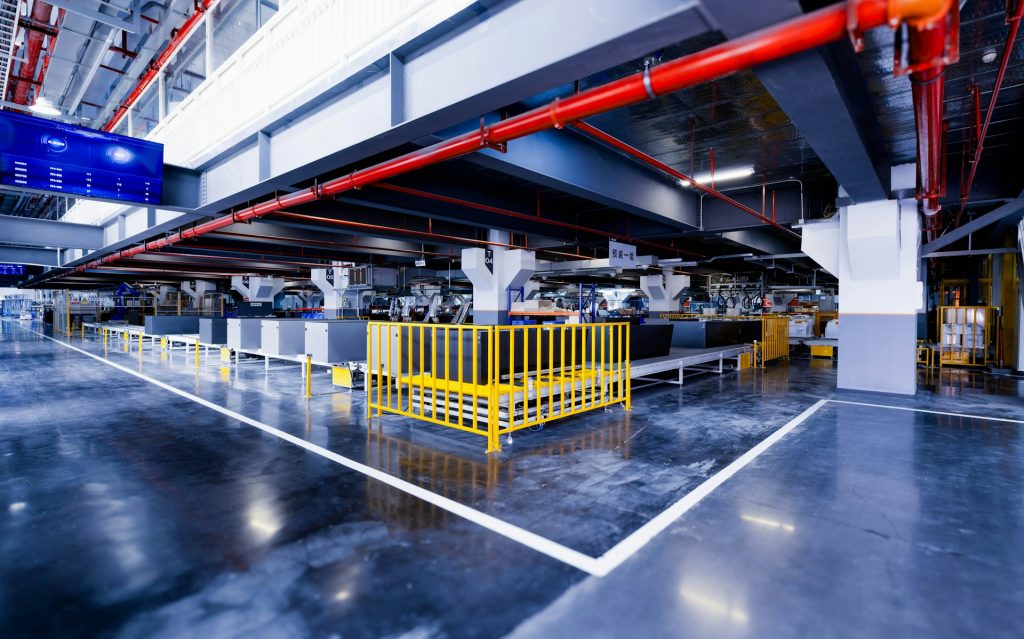
China’s growing restrictions on the export of critical industrial metals—known as rare earth elements—are placing mounting pressure on European manufacturers. German firms, in particular, are finding themselves unprepared for the sudden scarcity, and viable alternatives remain extremely limited.
The situation is escalating rapidly in cities like Beijing, Berlin, Munich, and Frankfurt. According to sources from both economic and governmental circles, several companies have already had to halt production due to a shortage of essential components. More firms are expected to follow suit in the coming days. Affected sectors range widely, including defense, medical technology, home appliances, and the automotive industry.
In response to tariffs imposed by the United States, Beijing introduced export controls in early April on seven key industrial metals and rare earth magnets. These materials are crucial for various high-tech applications, particularly for the powerful magnets used in electric motors. China holds an almost monopolistic position in the global supply of these resources.
Many European companies had anticipated some level of disruption and stockpiled materials to mitigate risks. However, those reserves are now largely depleted. Jens Eskelund, President of the European Chamber of Commerce in Beijing, described the current state as “very tense” in comments to Handelsblatt. He confirmed that some companies have already reduced production levels and warned that others will soon be forced to do the same.
In an effort to address the issue diplomatically, EU Trade Commissioner Maros Sefcovic is scheduled to meet with Chinese Commerce Minister Wang Wentao in Paris this Wednesday. Observers expect the topic of China’s export restrictions to be a central point of discussion.
The unfolding crisis highlights Europe’s deep dependence on Chinese raw materials and underscores the urgent need to diversify supply chains. Without swift action, more sectors could find themselves paralyzed by the absence of critical inputs.




